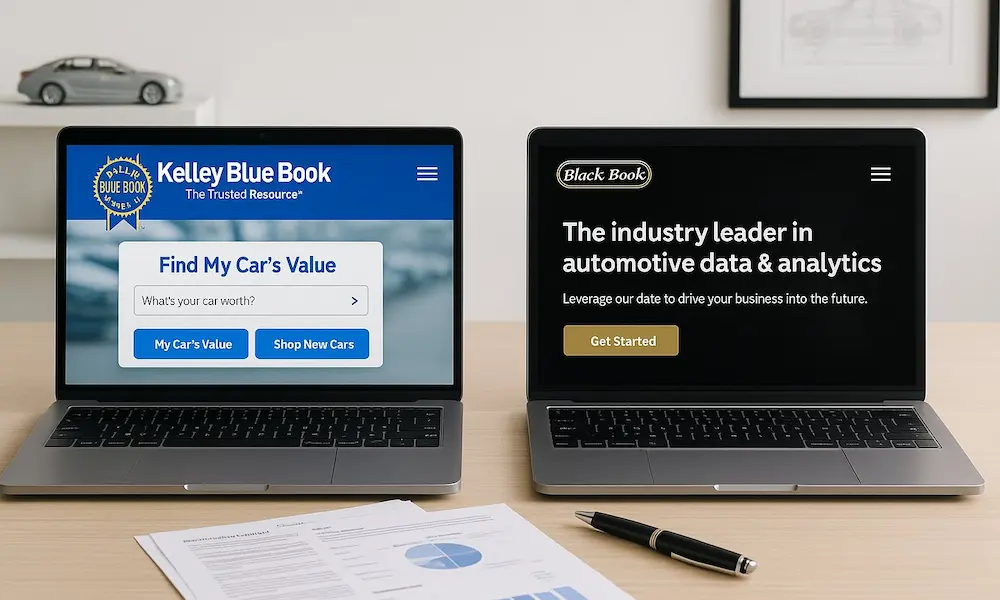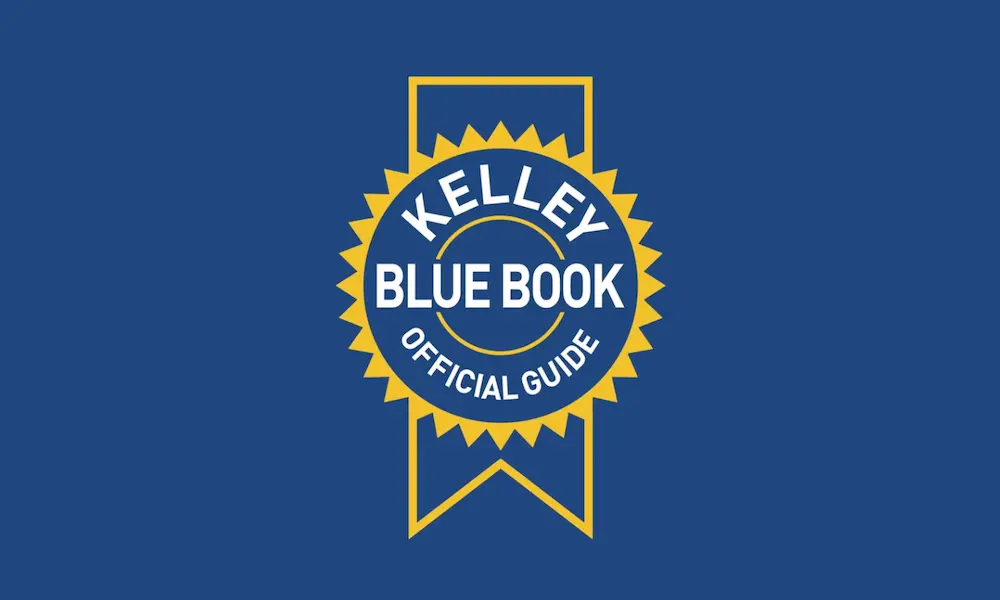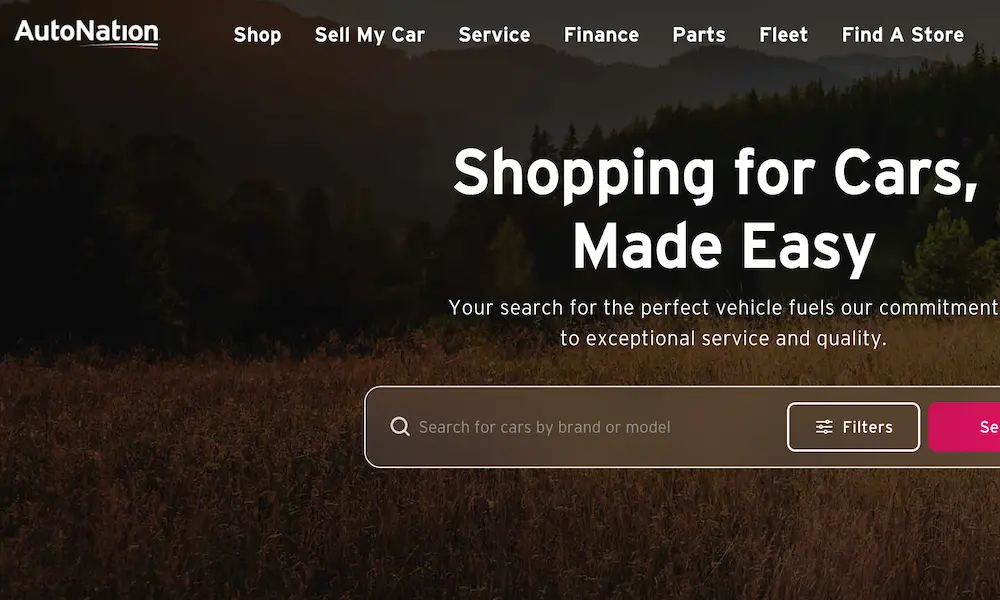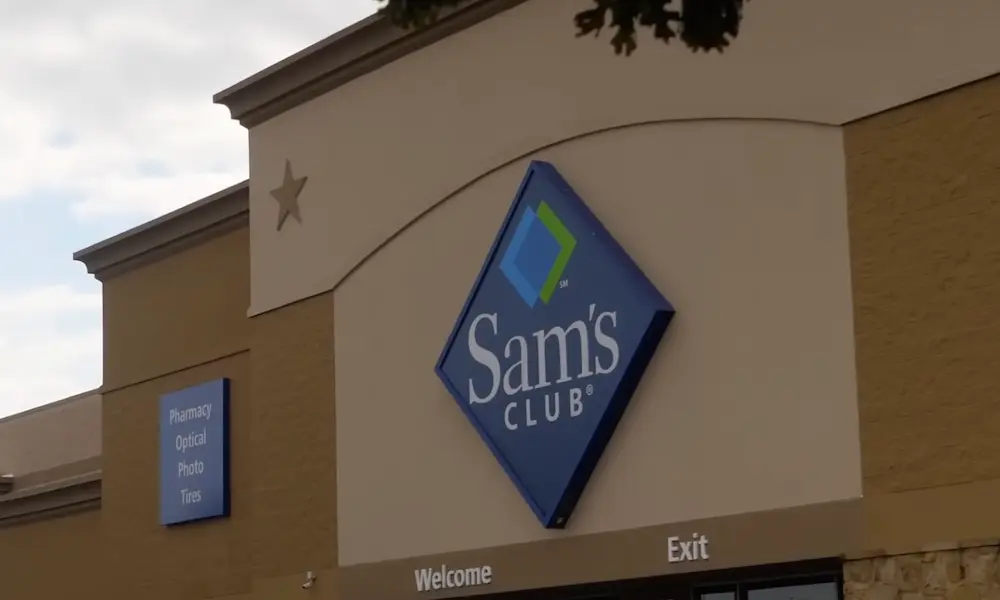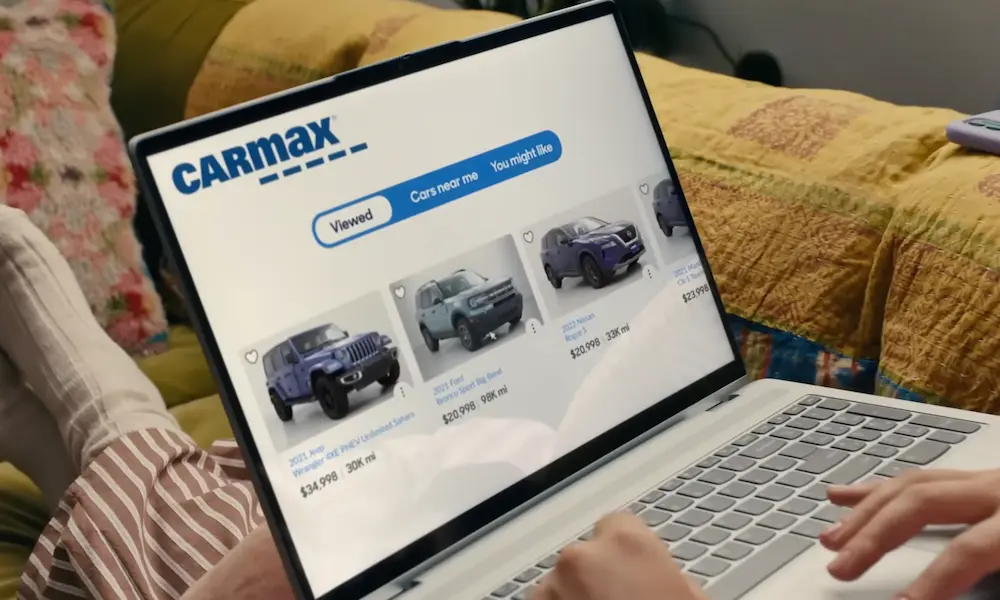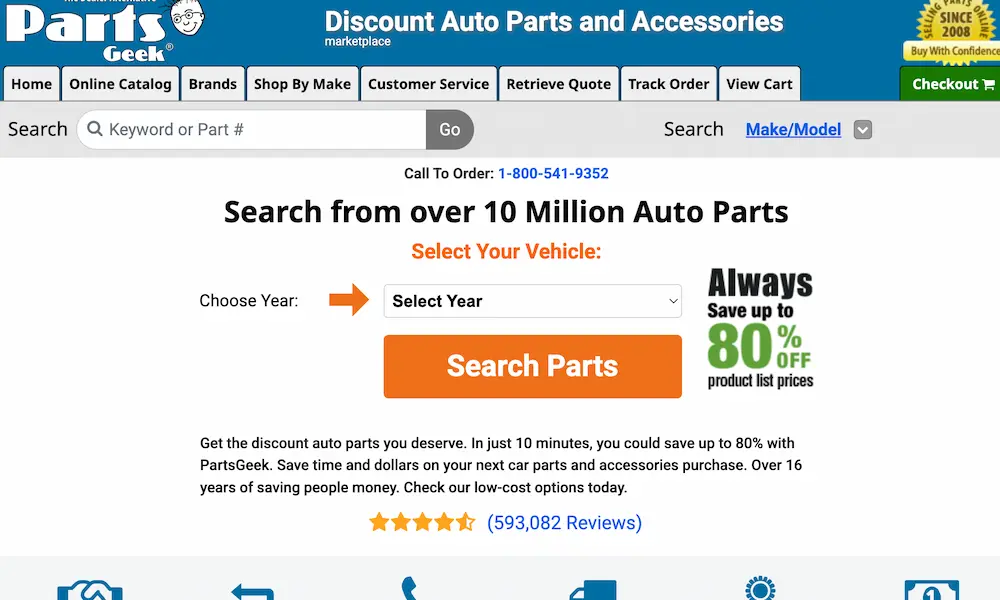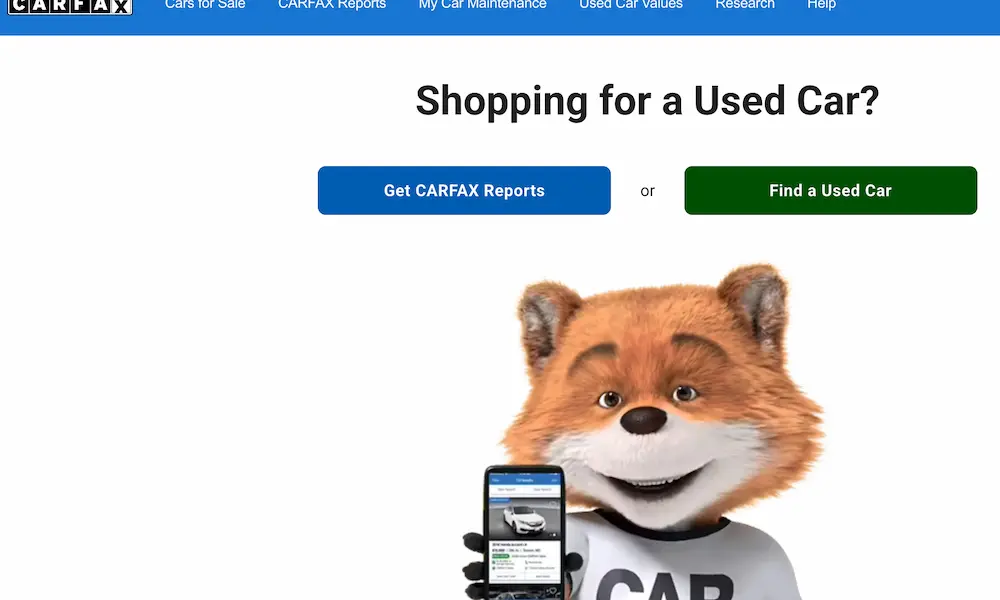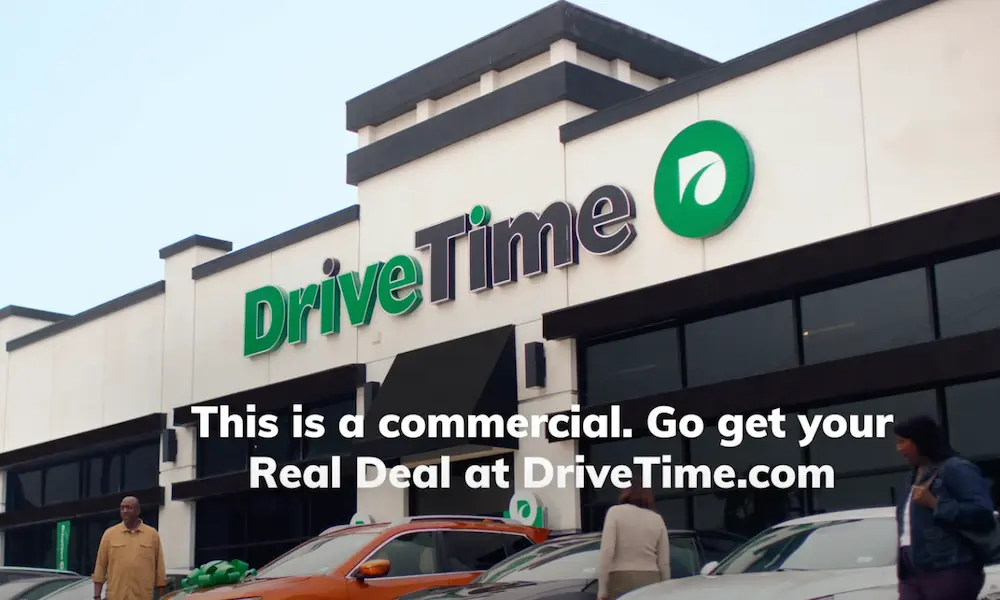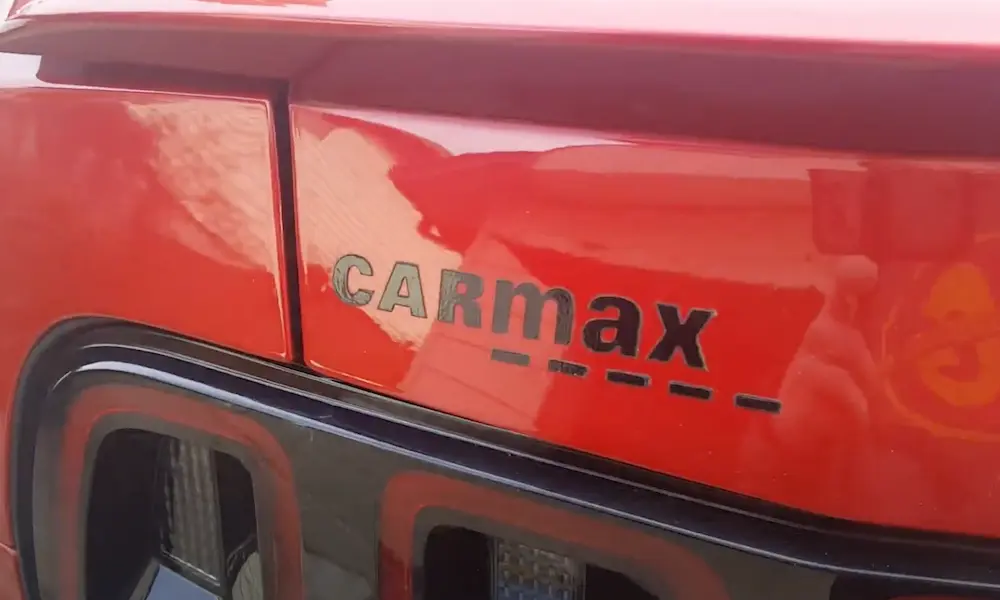Wondering whether you can use your CarShield coverage at your favorite dealership? You’re about to get the full picture. CarShield is among America’s largest third-party vehicle service contract providers, but their acceptance at dealerships isn’t as straightforward as you might hope. Let’s dive into what you need to know before heading to the service department.
What is CarShield and How Does it Work?
CarShield offers vehicle service contracts (often called extended warranties) that cover repair costs after your manufacturer’s warranty expires. Unlike manufacturer warranties, CarShield is a third-party service that works differently:
- Contracts cover specific components based on your plan level
- Claims require pre-authorization before repairs begin
- You can choose from multiple coverage tiers (Diamond, Platinum, Gold, etc.)
- Payments go directly to repair facilities in most cases
The key difference from dealer warranties? CarShield contracts allow repairs at multiple locations—not just the dealership where you purchased your vehicle.
Do Dealerships Accept CarShield?
Yes, many dealerships do accept CarShield contracts, but acceptance varies widely. Franchise dealerships associated with major manufacturers like Ford, Toyota, and Chevrolet are more likely to work with CarShield claims than independent shops.
According to CarShield’s own documentation, their contracts permit repairs at any licensed repair facility, including dealership service centers. This flexibility stems from the Magnuson-Moss Warranty Act, which prevents manufacturers from voiding warranties simply because you used third-party services.
However, there’s an important distinction between “can accept” and “willingly accepts.” Some dealerships have specific policies about third-party warranty providers based on past experiences.
Which Dealerships Are Most Likely to Accept CarShield?
Franchise dealerships have varying relationships with CarShield:
| Dealership Type | Likelihood of Accepting CarShield | Notes |
|---|---|---|
| Major franchise dealerships (Ford, Toyota, etc.) | High | Often have established relationships with administrators |
| Corporate dealer groups | Medium to High | May have centralized policies about third-party warranties |
| Independent dealerships | Varies significantly | Depends on individual dealership experiences |
| California dealerships | None | CarShield doesn’t operate in California due to regulations |
Partnerships between CarShield and dealership networks exist, particularly with franchise locations. These partnerships allow dealerships to offer CarShield as an alternative to their own extended warranty programs.
Why Some Dealerships Refuse CarShield
Not every dealership eagerly accepts CarShield contracts. Here’s why some might hesitate:
Reimbursement Disputes
Dealerships and CarShield often disagree on costs. A major point of contention comes from CarShield’s preferences for:
- Lower labor rate reimbursements than dealership standard rates
- Aftermarket or remanufactured parts instead of OEM components
- Strict limitations on diagnostic time compensation
As documented in service advisor forums, these disagreements can lead dealerships to stop accepting CarShield altogether.
Administrative Headaches
Dealerships cite several administrative challenges:
- Claims require pre-authorization, which can delay repairs
- Approval processes sometimes take multiple days, tying up service bays
- Detailed documentation requirements create extra work for service departments
- Payment delays affect dealership cash flow
These friction points make some dealerships reluctant partners. The FTC’s $10 million settlement against CarShield in 2024 highlighted systemic issues with claims handling that have soured some dealership relationships.
Reputation Protection
Some dealerships avoid CarShield to protect their reputation:
- Customer frustration when claims are denied reflects poorly on the service department
- Disputes over coverage create uncomfortable situations with longtime customers
- Service advisors prefer selling the dealership’s own extended warranties
CarShield vs. Dealership Extended Warranties
Understanding the differences helps explain dealership attitudes:
| Feature | CarShield Contract | Dealer Extended Warranty |
|---|---|---|
| Repair Location | Any licensed repair facility | Often restricted to the selling dealership network |
| Parts Requirements | May use aftermarket/remanufactured | Typically OEM parts only |
| Claims Process | Requires pre-authorization | Often streamlined within dealer system |
| Cost | Generally lower monthly payments | Higher upfront cost, can be rolled into financing |
| Transferability | Most plans can transfer to new owners | Varies by manufacturer |
CarShield positions itself as a more affordable, flexible alternative to dealership warranties, which creates natural competition that some dealerships resist.
How to Ensure Your Dealership Will Accept CarShield
Follow these steps before scheduling service:
- Call ahead – Contact the service department directly to confirm they accept CarShield
- Verify coverage – Review your specific CarShield plan to understand what’s covered
- Get authorization – Have CarShield pre-approve repairs before work begins
- Request OEM parts – If important to you, specifically request original manufacturer parts
- Understand payment – Clarify whether you’ll need to pay upfront and get reimbursed
Using CarShield’s repair facility locator tool can help identify service centers that regularly work with them.
Dealerships vs. Independent Shops for CarShield Claims
When using CarShield, you have options beyond dealerships:
Dealership Advantages
- Factory-trained technicians familiar with your specific vehicle
- Access to specialized diagnostic equipment
- Original manufacturer parts typically used
- Warranty on repairs often matches dealer standards
Independent Shop Advantages
- Often more willing to work with CarShield’s reimbursement rates
- May have more flexibility on parts sourcing
- Typically lower labor rates, meaning fewer coverage disputes
- Sometimes offer faster appointment availability
Industry data suggests over 60% of CarShield claims are processed through independent ASE-certified shops rather than dealerships, indicating many customers find more success outside dealer networks.
Regional Differences in CarShield Acceptance
Where you live affects dealership acceptance:
- U.S. Markets: CarShield participation among dealerships varies significantly by region, with stronger acceptance in areas with high concentrations of older vehicles.
- Canadian Dealerships: AutoShield (CarShield’s Canadian subsidiary) reports better dealership integration through corporate partnerships.
- State Variations: Some states have stronger consumer protection laws that influence how dealerships handle third-party warranties.
Notable exception: CarShield doesn’t operate in California due to strict state regulations on vehicle service contracts.
What to Do If Your Dealership Rejects CarShield
If your preferred dealership won’t accept CarShield:
- Ask why – Understanding their specific objection may help resolve it
- Request CarShield intervention – The company can sometimes negotiate directly with reluctant dealerships
- Consider alternatives – CarShield’s network includes thousands of repair facilities beyond dealerships
- Know your rights – The Magnuson-Moss Warranty Act protects your ability to use third-party services
In some cases, CarShield may use a direct-billing arrangement with certain facilities to streamline the claims process, which can be worth asking about.
Making the Most of Your CarShield Coverage
To maximize the value of your CarShield contract at dealerships:
- Maintain complete service records to prevent “pre-existing condition” claim denials
- Understand exclusions in your specific plan, especially for electronics or hybrid components
- Follow recommended maintenance to avoid coverage disputes
- Report problems promptly before they worsen into larger issues
- Be prepared to advocate for yourself during the claims process
When dealerships and CarShield work together smoothly, customers benefit from manufacturer-level repairs with third-party coverage.
The Bottom Line on Dealership Acceptance
While most dealerships can accept CarShield, individual policies vary widely based on past experiences, reimbursement rates, and administrative preferences. The relationship between CarShield and dealerships continues to evolve, especially following regulatory actions that may improve claims handling.
For consumers, the key takeaway is simple: verify acceptance before service, understand your coverage limits, and be prepared to explore alternatives if your preferred dealership declines to work with CarShield. With proper planning, your CarShield coverage can provide valuable protection whether you choose dealership or independent shop repairs.


